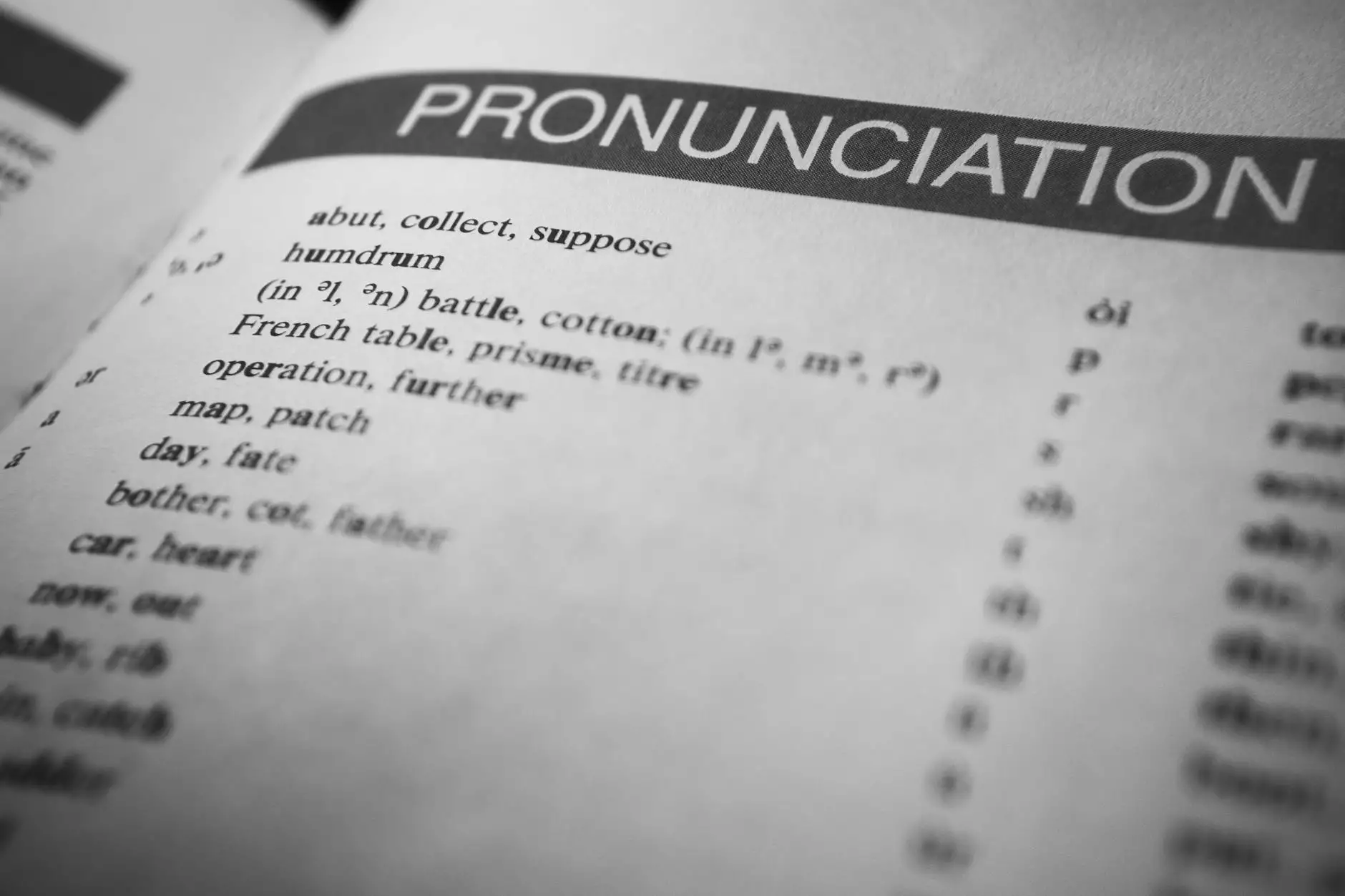Learn English Vocabulary – Think About, Think of, and ...
English Vocabulary Lessons
Welcome to NJCLT's free English lesson on the topic of 'Think About', 'Think Of', and various related expressions. In this comprehensive guide, we will explore the nuances and differences in usage between these commonly confused phrases.
Understanding the Meaning and Usage
When it comes to expressing thoughts and ideas, the English language offers a variety of phrases with similar meanings but distinctive usage patterns. 'Think about' and 'think of' are two such expressions that often cause confusion among English learners. In order to use these phrases correctly, it is important to understand their subtle differences.
Think About
'Think about' is used when someone is actively considering or reflecting upon a particular topic, idea, or situation. It implies a conscious effort to focus one's attention on something and engage in deep contemplation. For example:
- I need some time to think about whether I should accept the job offer.
- She often thinks about her childhood memories.
- Let's think about ways to solve this problem.
As demonstrated in the examples, 'think about' is typically followed by a noun phrase or a gerund. It indicates a more deliberate and deliberate thought process.
Think Of
On the other hand, 'think of' is used to generate or recall ideas, suggestions, or possibilities related to a specific subject. It involves the act of creating mental associations or recalling thoughts associated with a particular topic. For example:
- I think of you every time I see a picture of your favorite dessert.
- Can you think of any better solution to this problem?
- She thought of a brilliant idea for her upcoming presentation.
'Think of' is commonly followed by a noun or noun phrase, and it often involves the generation of new thoughts or associations.
Using Related Expressions Effectively
In addition to 'think about' and 'think of', there are several related expressions that can add depth and variety to your English vocabulary. Let's explore some of them:
Think Over
'Think over' is used when you want to carefully consider or ponder a matter over an extended period of time. It implies a more deliberative thought process that involves thorough examination and reflection. For example:
- I need to think over all the pros and cons before making a decision.
- They asked for some time to think it over before accepting the proposal.
'Think over' suggests a deeper level of contemplation and typically involves weighing the options and potential outcomes.
Think Through
'Think through' is used when you want to carefully analyze or evaluate a situation or problem by considering all aspects and potential consequences. It implies a logical and systematic approach to problem-solving. For example:
- We need to think through the implications of our decision before implementing it.
- He always thinks through every step of a project to ensure its success.
'Think through' emphasizes the importance of thorough analysis and careful consideration of the various factors involved.
Conclusion
By now, you should have a clear understanding of the differences between 'think about', 'think of', and related expressions. Remember, mastering these phrases requires practice and exposure to real-life contexts. Make sure to incorporate them into your conversations and written expressions to further enhance your English language skills.
At NJCLT, we are committed to providing comprehensive resources for English learners of all levels. Explore our website for more free lessons, interactive exercises, and valuable language-learning resources.










